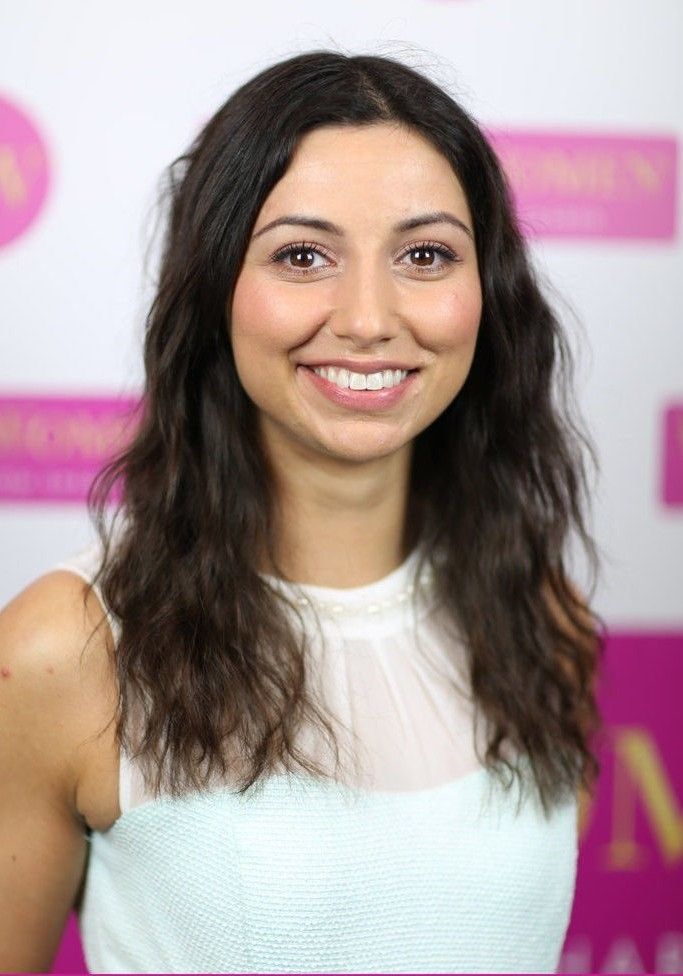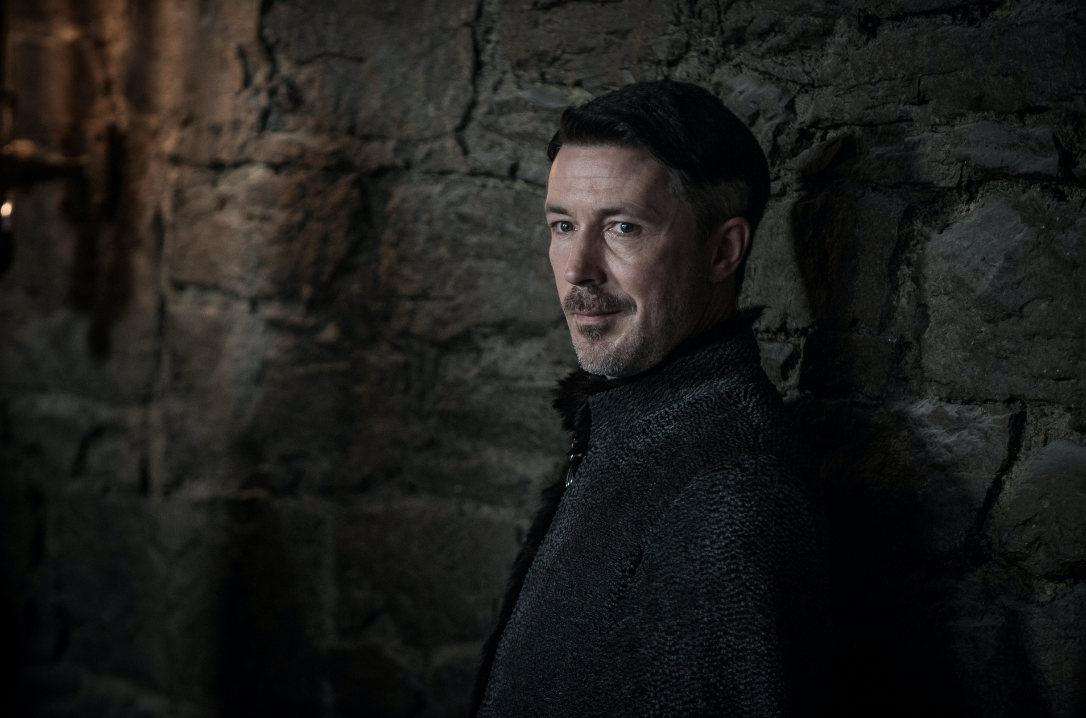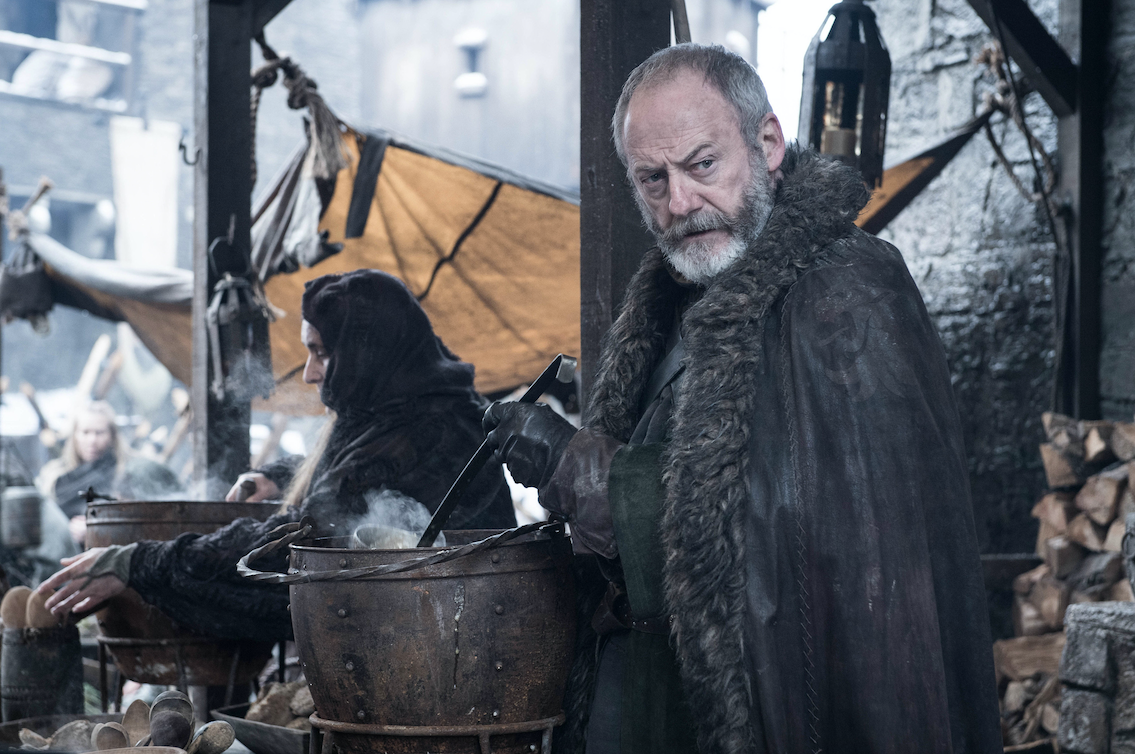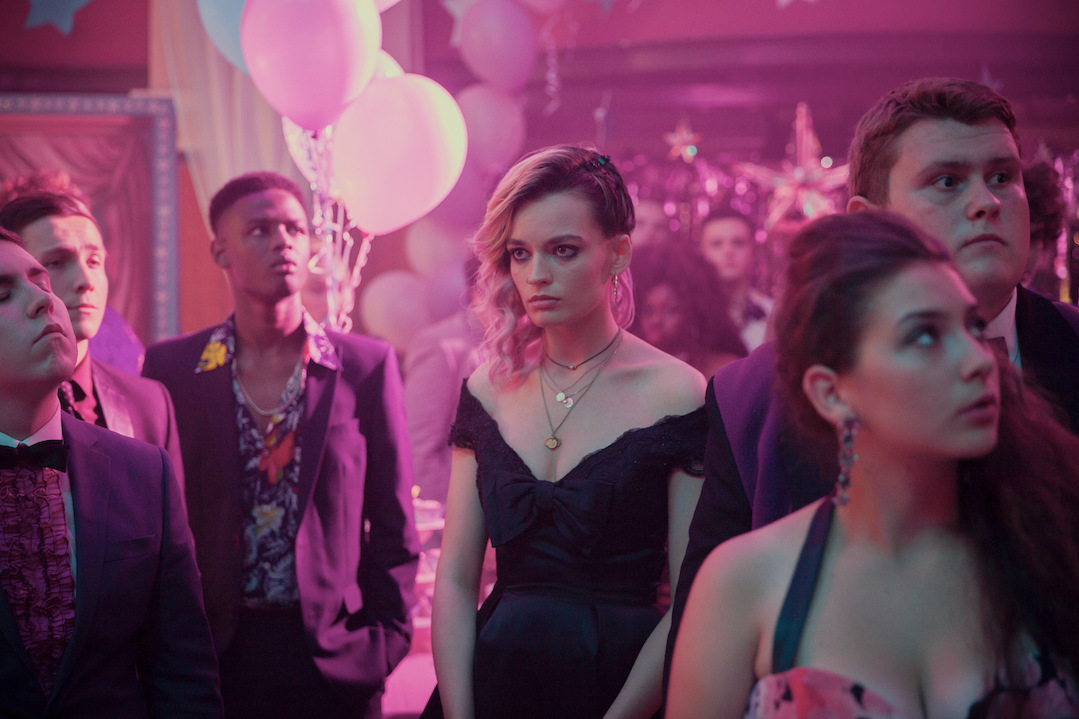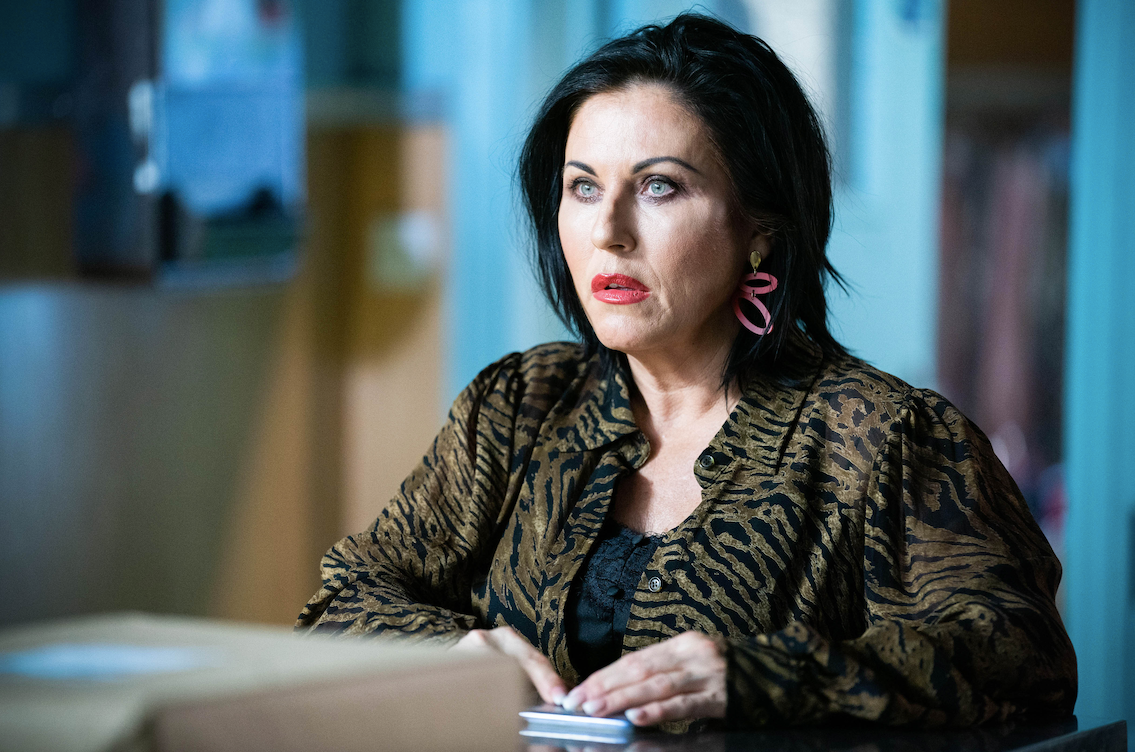Emma Butt is a troublemaker – so she’s been told. The freelance dubbing mixer, sound editor and ADR recordist’s reason for earning this label? For speaking out about the sexism and discrimination she’s experienced firsthand while working in the audio industry. Here, she talks about her route into the world of ADR, working on Game of Thrones, Sex Education and Eastenders, what needs to change in the industry to encourage diversity, and why she’ll keep raising her head above the parapet.
How did you get into ADR (Additional Dialogue Replacement) work?
I’ve been in London for six years now, but I’m from Dublin; I started applying to every single music or post production studio in Dublin. At the time, Screen Scene was looking for runners. The industry back home is so small, so all of us had to know how to do everything. So you have to know how to be a dialogue editor, a sound effects editor, a mixer, and do ADR.
I started recording all of the voices of the characters for kids’ animations, so they started teaching me about ADR. Every single one of the lads that I worked with hated recording ADR because it's really, really stressful. It's not an easy job to do – you're constantly on the go for eight, nine hours a day, and often you don't get a break – you don't even get a chance to go to the bathroom – you just have your head down and you keep going.
But I just loved being in that studio. They started getting me to do more and more sessions, and they would sit behind me and make sure that I was okay. Eventually they started leaving me to it and I took on clients myself, and it grew organically from there. I got the opportunity to do Game of Thrones, and did that for five seasons, which was incredible. I learned so much from that.
And then Vikings was at the same time. There were two ADR supervisors: Tim Hands for Game of Thrones and Dale Sheldrake on Vikings. I credit the two of them for teaching me so much about how to interact and make actors feel comfortable to get the best performance out of them. They've been godsends.
